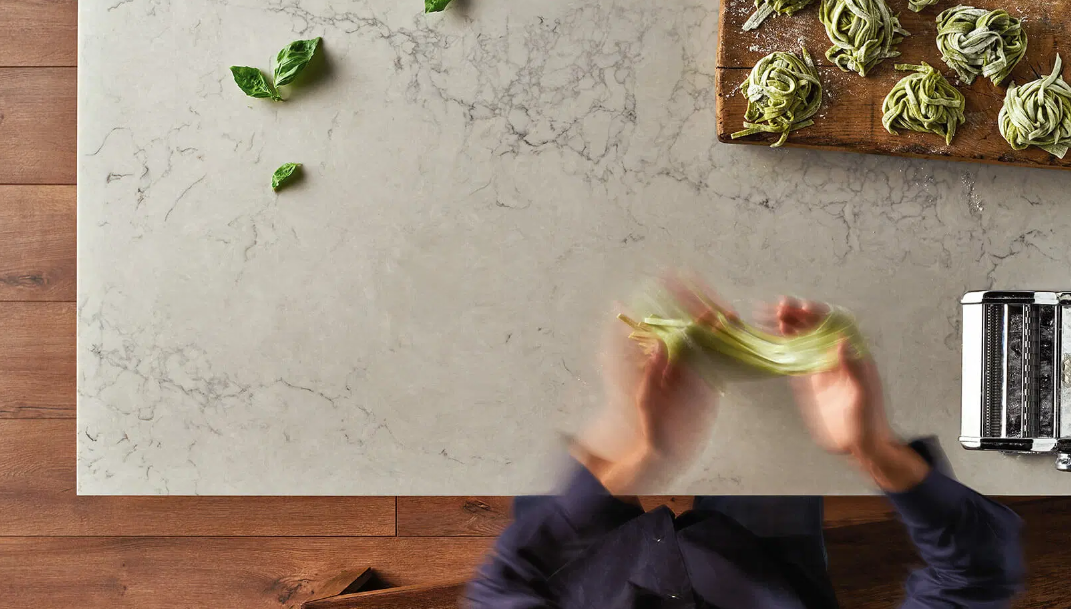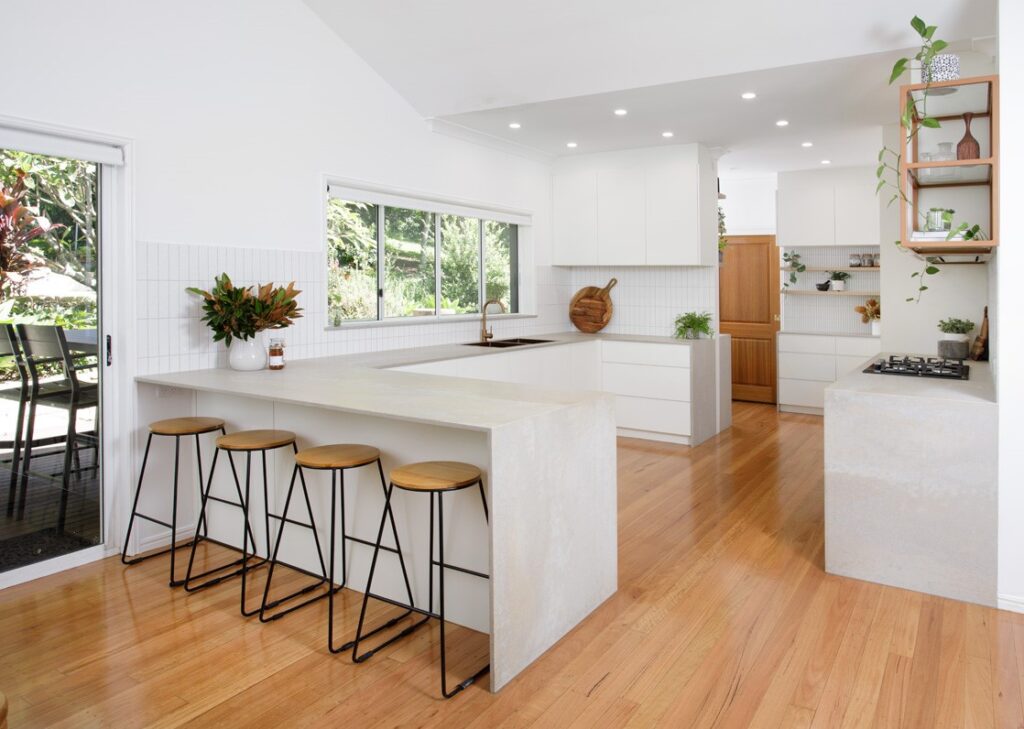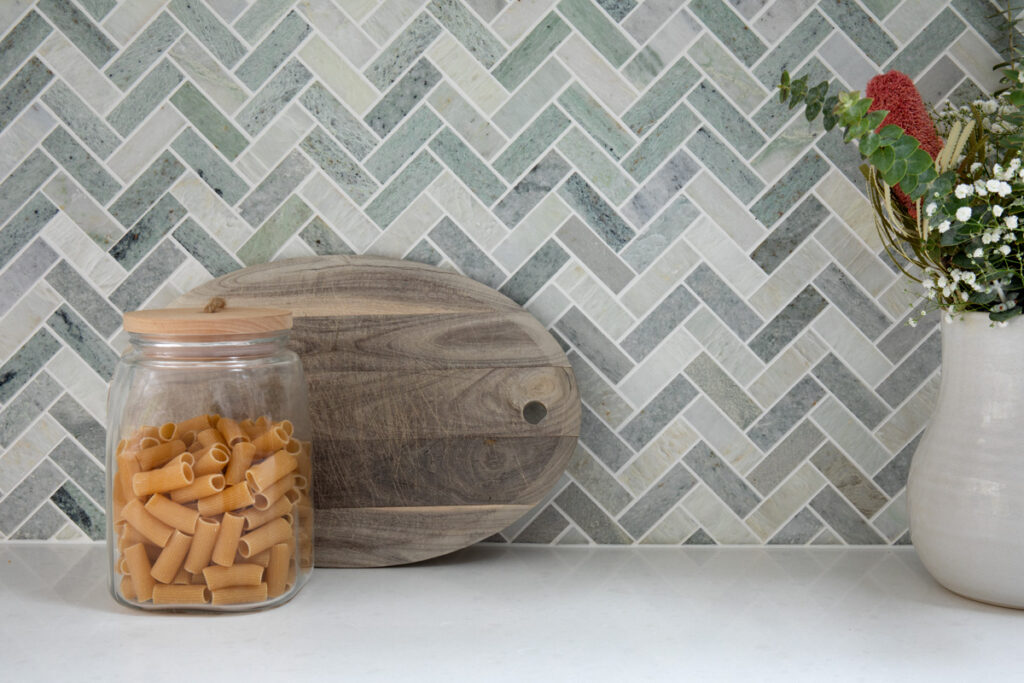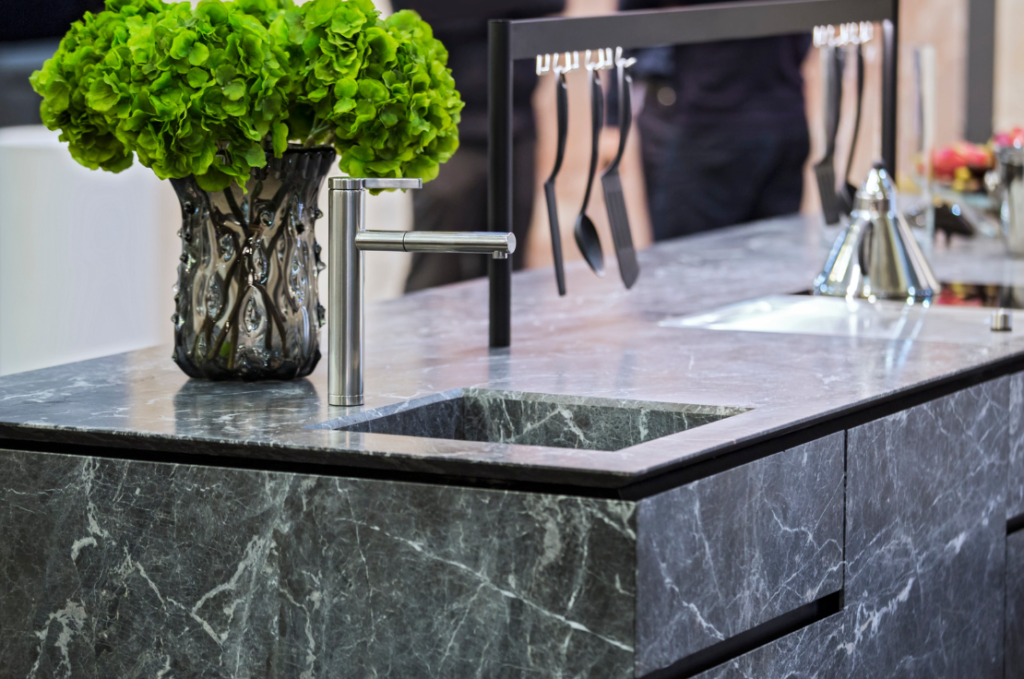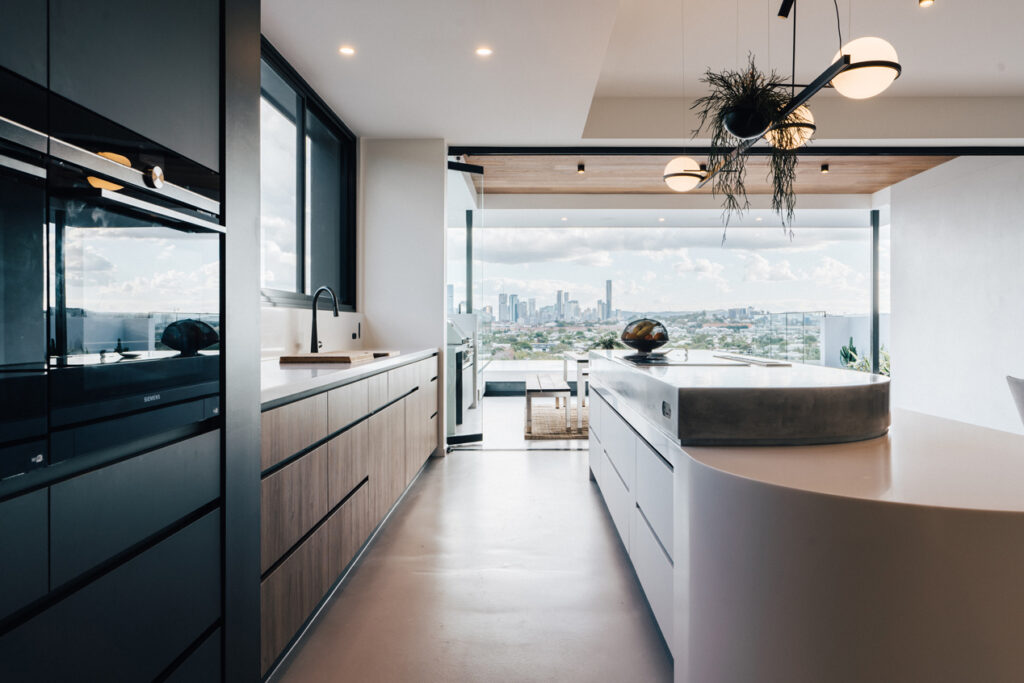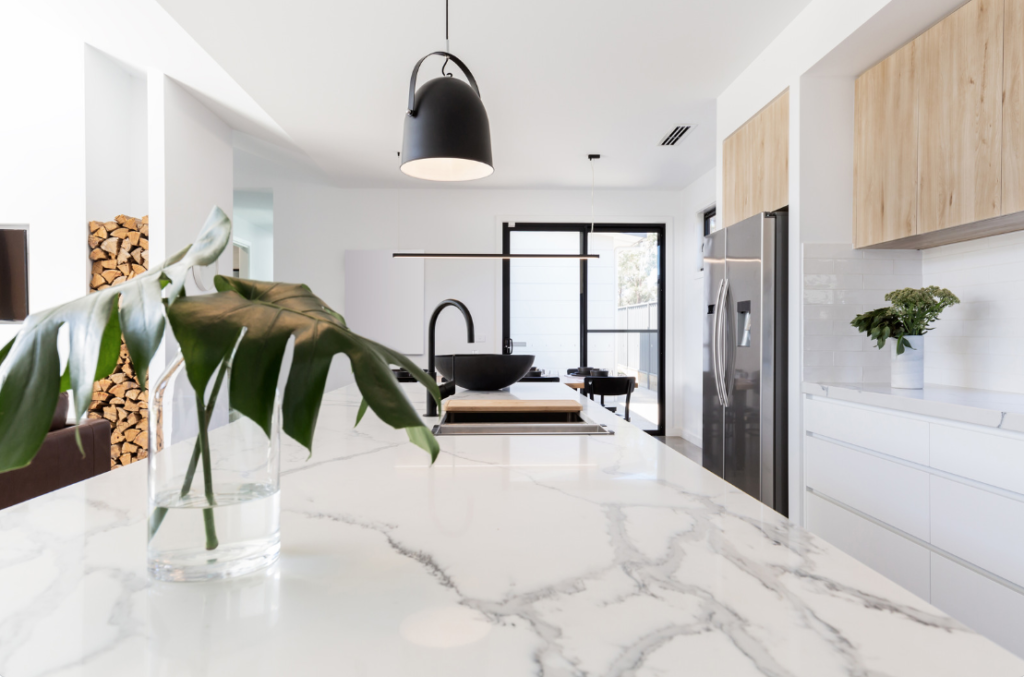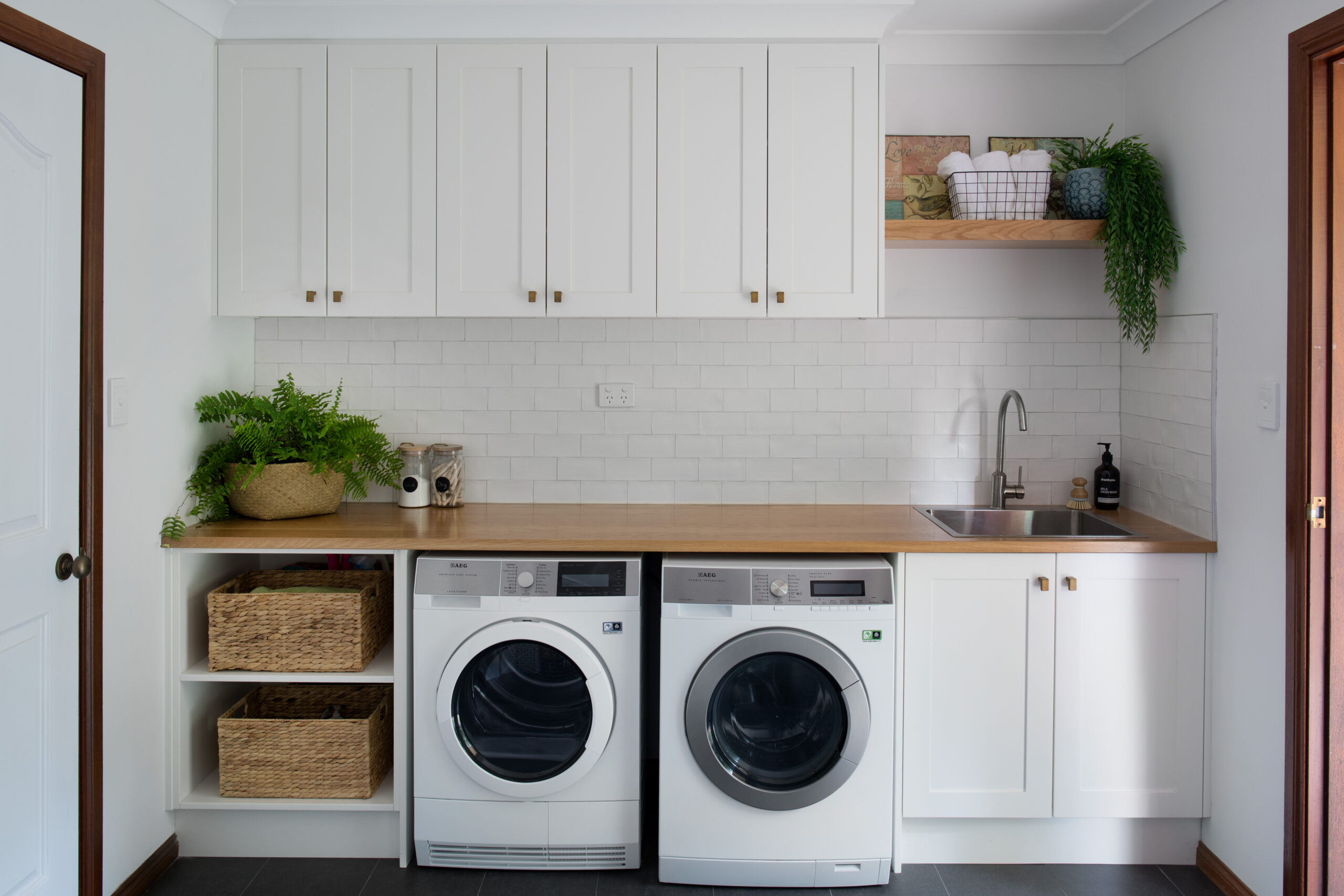The process of selecting a kitchen bench top material can be an exciting and inspiring process! With so many options available, it is an opportunity to explore different styles, colors, and textures to create a unique and personalized space. Whether you prefer the natural beauty of stone or the modern look of porcelain, each material offers its own distinct benefits that can elevate your kitchen’s functionality and aesthetics.
Imagine the luxurious elegance of a sleek granite bench top, the versatility and durability of a quartz surface, or the timeless beauty of a marble finish. Or perhaps you prefer the affordability and wide variety of colors and patterns offered by solid surface materials. Whatever your preference, the right bench top can transform your kitchen into a space that reflects your personal style and enhances your daily life.
Choosing the right material for your bench top can be a daunting task, as there are various materials available in the market, each with its own unique features and benefits. In this blog, we will discuss some of the most popular kitchen bench top materials, along with their advantages and disadvantages.

